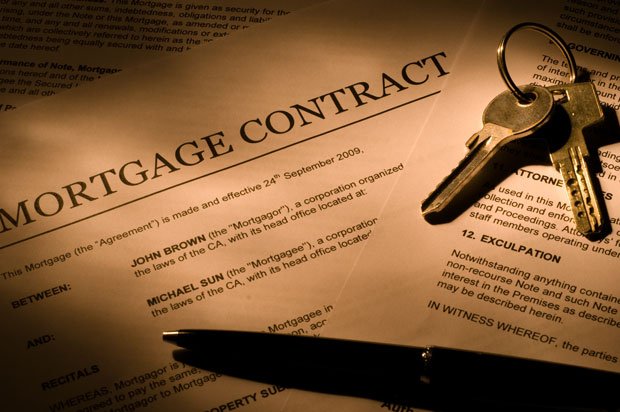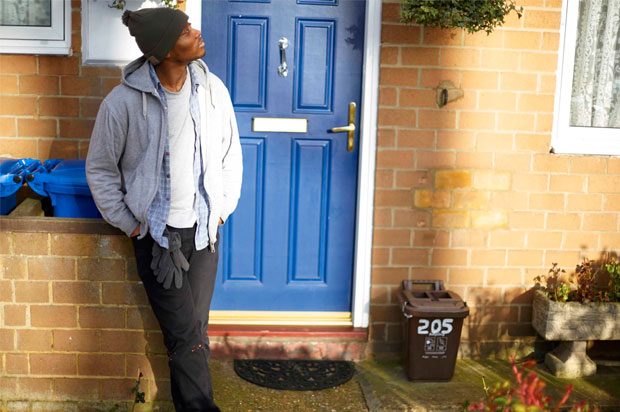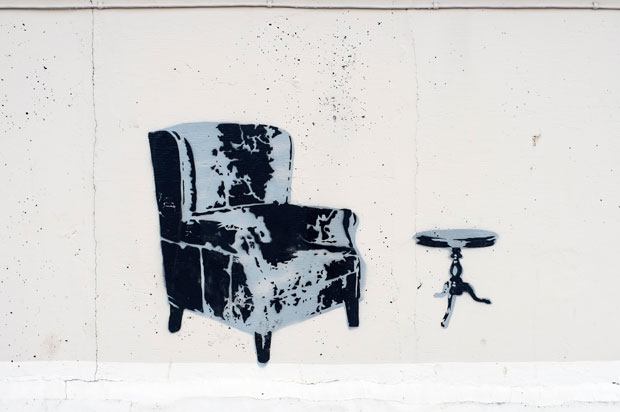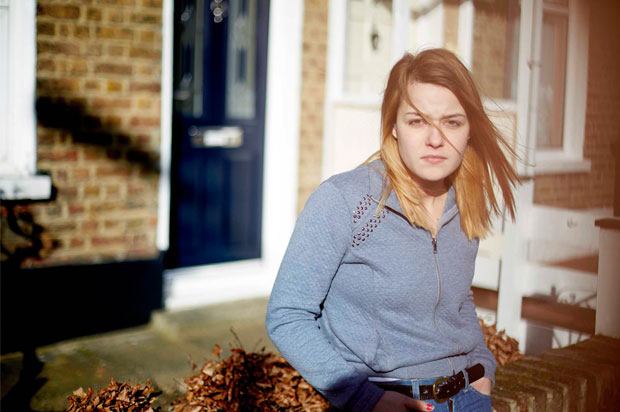Mortgage arrears and repossession
Falling into arrears with your mortgage may be terrifying, but it doesn’t necessarily mean you’ll lose your home. Here’s what you can do if you’re unable to pay your mortgage.

Feeling trapped by your mortgage contract?
What happens if I fall into arrears?
First of all, don’t panic, it doesn’t mean you’ll be booted out of your home at the end of the month. In fact, banks only repossess homes as a last resort as the process is expensive.
They prefer to come to an arrangement with the borrower. This might involve switching to an interest-only mortgage, extending the term of the mortgage, or reducing the interest rate payable for an agreed time.
If you fall into arrears it’s important you keep communicating with your lender. Before you make an appointment, work out how much you can afford to pay each month and make an offer – a debt advisor can help you do this.
Simon’s mortgage lender asked him what he could afford and agreed he could pay £200 a month until he got a new job. “I’m working again now and can afford my payments. However, I’m still about £1200 in arrears. I’m paying a bit of this off each month.”
What if I don’t pay?
Whether or not the lender accepts your offer, keep making regular payments – even if you can’t afford much. If you don’t, or don’t pay enough, the lender may take you to court. They will write and tell you if they intend to do this.
If a court date is set, make sure you turn up and get expert advice. In some cases, the judge may allow you to stay in your property as long as you keep to an agreement to pay. The judge will take into account whether the mortgage lender followed the rules when they took you to court and whether you’ve continued to make payments on the mortgage.
Getting out of arrears
Whatever you do, your mortgage lender will want you to pay off your arrears as soon as possible. You might be able to do this by discussing your financial situation with a debt advisor. Charities such as Credit Action or the Consumer Credit Counselling Service offer free and impartial advice.
If your income doesn’t stretch to making extra payments there are several ways you might be able to increase it, for example:
- Benefits and tax credits
- Claiming on a payment protection policy
- Getting a lodger (you can earn up to £4250 in rent a year tax-free)
- Talk to your lender
If you’re really struggling there are several mortgage support schemes that may be able to help you.
What are mortgage support schemes?
These are schemes introduced by the Government that offer financial assistance to people on the brink of losing their home.
The help you receive will depend on your circumstances.
- The Mortgage Rescue Scheme offers two kinds of financial help: the first is an interest-free equity loan to cover a proportion of your mortgage. The second is a ‘mortgage to rent’ arrangement, where a Registered Social Landlord (RSL) buys your property for 90% of its market value and rents it back to you at 20% below the area’s market rate. It means you won’t own your home anymore, but at least you won’t have to move.
- Support for Mortgage Interest (SMI) helps those claiming benefits. It pays the interest only on your mortgage for anything from two years to indefinitely (again, this depends on your situation).
What happens if your house is repossessed?
If all else fails and you’re unable to meet your mortgage and pay off your arrears, the court will probably give the lender permission to evict you from your home. You’ll normally have 28 days to move out, after which bailiffs will visit and remove you and your stuff. You can delay this, but you’ll need to get immediate advice.
The lender will then sell the property. If they don’t make enough from the sale to cover the money you owe on your mortgage, you’ll have to pay the difference (known as the ‘shortfall’).
When it comes to finding somewhere else to live renting will be your best option, as it’s unlikely you’ll be allowed to take out another mortgage. If you can’t find somewhere to rent our section on homelessness can help.
Other options
If you can’t pay off your arrears you might want to sell the property yourself, as you’ll probably get a better price for it. You’ll need to use the money to pay off your mortgage.
So-called ‘Sale and Rent Back schemes’ (similar to the Mortgage Rescue Scheme, only privately run) are run by private companies who buy the property from you and then rent it back to you. Although this might seem like the perfect solution, it rarely is because these firms are unlikely to give you a fair price for your property. Once you’re a tenant in the property you’ll have few rights and might be evicted, anyway.
With thanks to the Citizens Advice Bureau for their help with this article.
Next Steps
- The Money Helper offers free, unbiased and independent advice about all financial matters. 0800 138 7777
- Use the Money Helper's budget planner to take charge of your finances.
- Chat about this subject on our Discussion Boards.
By
Updated on 29-Sep-2015
No featured article












